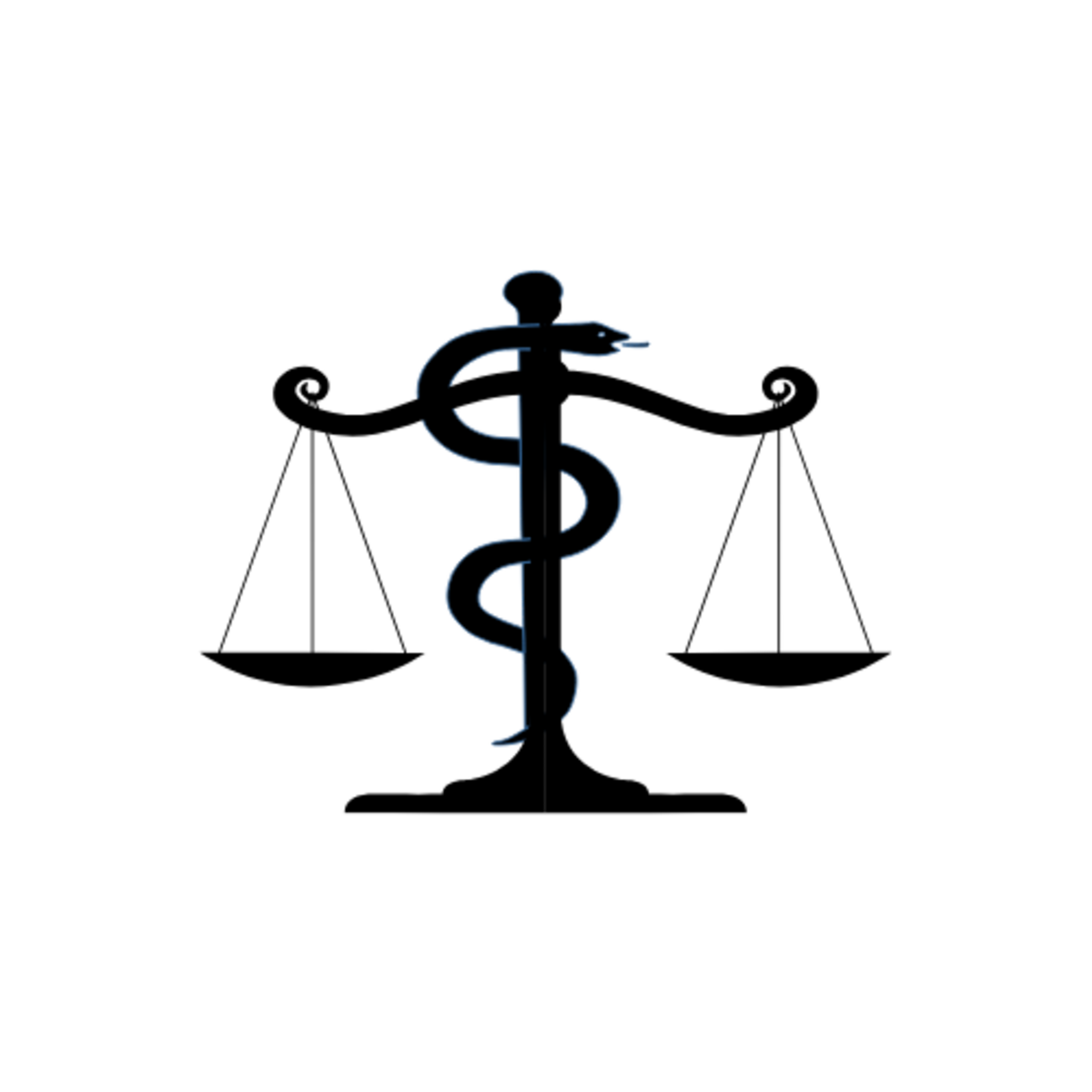Earlier this month, the Galveston police union made explosive allegations that the county’s EMS service near-fatally neglected a police officer following an incident during training. According to the Galveston Municipal Police Association, a joint police and fire swift water training exercise at Schlitterbahn Waterpark ended when two police officers became trapped underwater, one for “approximately 90 seconds.“ After rescue from the water, the more seriously injured officer was “completely unconscious and without a pulse.“
(This may sound like an unusual arrangement, but it actually makes a lot of sense within the context of swift water rescue. Swift water is “informally understood“ to be a body of water more than two feet deep, flowing at more than 1.5 miles per hour. I’m hardly an expert in swift water rescue or water parks, but those seem like conditions any water park I’ve ever been to can easily recreate, and in a well-organized incident, the ability to control water flow seems great for safety.)
According to GMPA, Galveston EMS arrived on scene to find CPR in progress, streets closed by the police department and sheriff’s office, and the nearest emergency room anticipating their arrival (ranging from “believable“ to “bog standard“ for a cardiac arrest). Unfortunately, the statement then alleges they spent “over 20 minutes“ on the scene not for reasons related to patient care, but “due to one EMT needing to train the other on entering information into the computer system.“ I’ve copied the statement in its entirety below:

The statement from GMPA.
To the untrained eye, these are pretty serious accusations, and even most charitable reading wouldn’t completely absolve the crew; a clinician (even a good one) with poor customer service skills isn’t exactly Bigfoot. When you deal with situations like these for a living, though, it gets a little more complicated.
Galveston Police Exhorted EMS to Do Their Jobs, But Don’t Seem to Know What They Are
The first red flag about this statement: a lack of understanding of EMS roles. While Galveston EMS does run dual-EMT apparatus, their use is limited to non-emergency transfers between hospitals and facilities like nursing homes. 911 responses, by contrast, are handled by Mobile Intensive Care Units, which means at least one paramedic was on board. This is a major distinction, especially in the context of cardiac arrest: while EMTs are limited to compressions, ventilation, and the same AED available to laymen, a paramedic can analyze the heart’s underlying activity (or lack thereof) and has access to a number of medications which either stimulate or relax the heart muscle and return it to regular rhythm. The statement, however, refers to every provider on board as an “EMT.“ This isn’t particularly hackle-raising from a layman, but someone purporting to sound the alarm about EMS providers doing their jobs wrong should probably start with accurately identifying what those jobs are.
EMS has long suffered from the public’s understanding that prehospital medicine revolves around “diesel therapy,” or speedy transportation to the hospital with maybe some oxygen en route. (To be fair to the accuser here, that is absolutely the beginning and end of most calls we interface on—violence and motor vehicle accidents—where the primary concern, loss of blood volume, can’t be fixed in the field.) An ever-increasing body of evidence, however, suggests that multiple conditions benefit from spending extra time on scene to stabilize the patient before transport, and cardiac arrest is chief among them. The reasoning is simple, if counterintuitive in part: while cardiac arrest is our most serious call, it’s far from our most complicated, and the attempts to restart a heart available in an emergency department don’t really deviate from what’s available in an ambulance (with the exception of extracorporeal membrane oxygenation, or ECMO, its own can of worms.) The highest level of certification for resuscitation practitioners, the American Heart Association’s Advanced Cardiac Life Support, is already a requirement for National Registry paramedic certification, the licensing body used by 47 states.
The CPR you’ll get on the way, by contrast, is measurably worse: a 2013 study found that experienced paramedics could only perform effective manual chest compressions 67% of the time inside a moving ambulance due to safety concerns. While the evidence base for on-scene times in out-of-hospital-cardiac arrest is somewhat mixed (undoubtedly due at least in part for all the different reasons hearts stop), most studies recommend at least waiting until you’ve established a shockable rhythm before beginning transport.
Local and National Media Repeated the Allegations without Pushback or Expert Consultation
The local NBC affiliate in Houston not only ran the story uncritically but conducted a lengthy interview GMPA Anthony Rogers, who elaborated on the contentions in the letter. Though they contacted the EMS and police departments—the latter of whom has not joined the union’s calls—they did not appear to attempt to contact a paramedic or physician who could have explained the delay. The story was eventually picked up by national law-enforcement-focused outlet Police1, which to its credit also quoted the laudatory response of police Chief Douglas Balli as well as a reader response by a practicing paramedic who explained the standard of care (alongside a “former part-timer EMT“ who blamed paramedics trying to “play Ricky Rescue on scene.“)
The union and local media later revealed that the more seriously injured officer is expected to make a full recovery. The former did not update its call for “immediate action” for the paramedics responsible.
None of the agencies involved responded to requests for comment. GMPA responded with a short statement: “Our organization isn’t answering anymore questions in regards to this incident moving forward. We had our voices heard and stood up for our members, and that’s all we wanted to do[.]”
